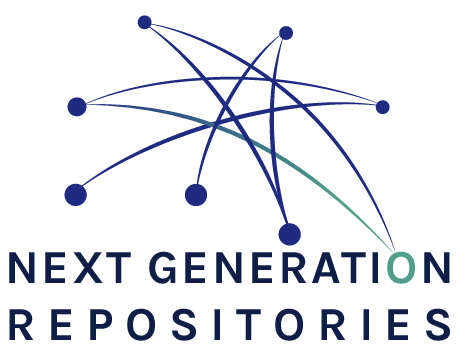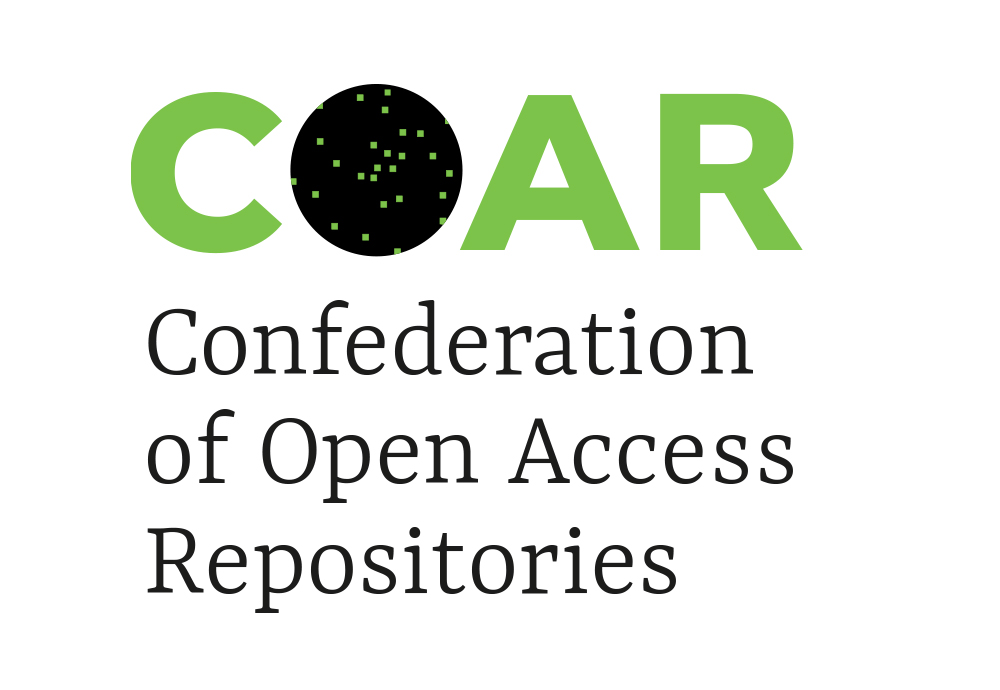Guiding Principles
The next generation repositories work is based on the following principles:
Distribution of control
Distributed control, or governance, of scholarly resources (pre-prints, post-prints, research data, supporting software, etc.) and scholarly infrastructures is an important principle which underpins this work. Without this, a small number of actors can gain too much control and can establish a quasi-monopolistic position. Distributed networks are more sustainable and at less risk to buy-out or failure.
Inclusiveness and diversity
Different institutions and regions have unique and particular needs and contexts (e.g diverse language, policies and priorities). A distributed network of repositories will aim to reflect and be responsive to the different needs and contexts of different regions, disciplines and countries.
Public good
The technologies, architectures and protocols adopted in the context of the global network for repositories will be available to everyone, using global standards when they are available.
Intelligent openness and accessibility
Scholarly resources will be made openly available and in accessible formats, whenever possible, in order increase their value and maximize their re-use for the benefit for scholarship and society.
Sustainability
Institutions and research organizations will be major participants in the global network, contributing to the long term sustainability of resources.
Interoperability
Repositories will adopt common behaviours, functionalities and standards ensuring interoperability across institutions and enabling them to engage in a common way with external service providers

